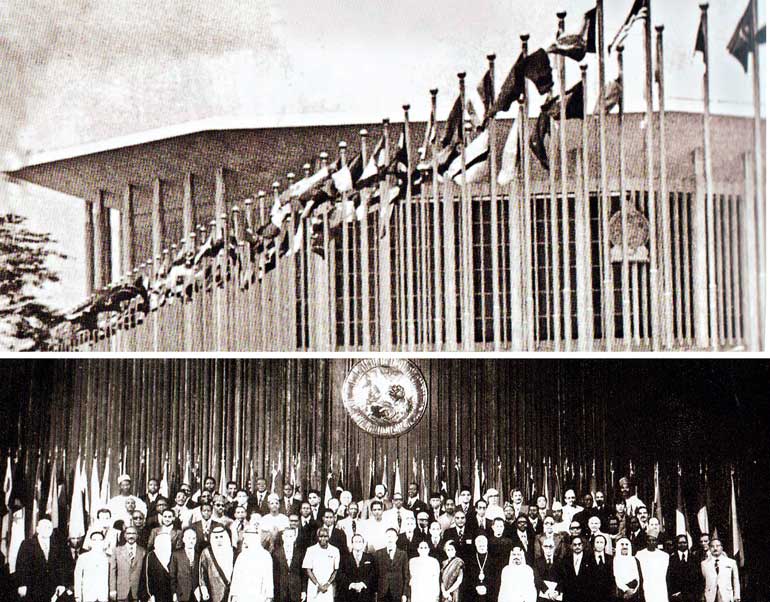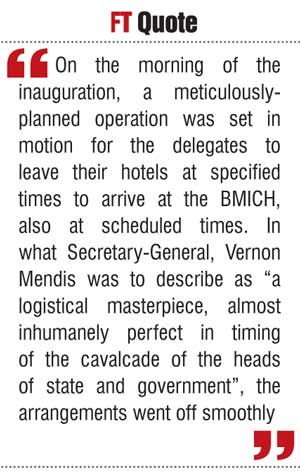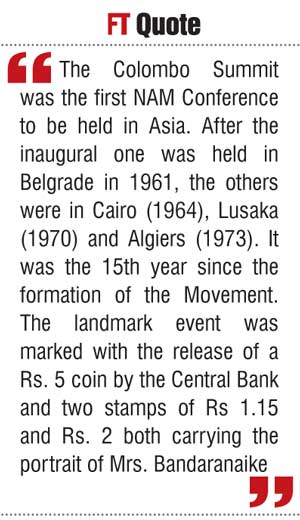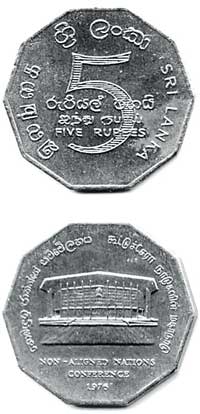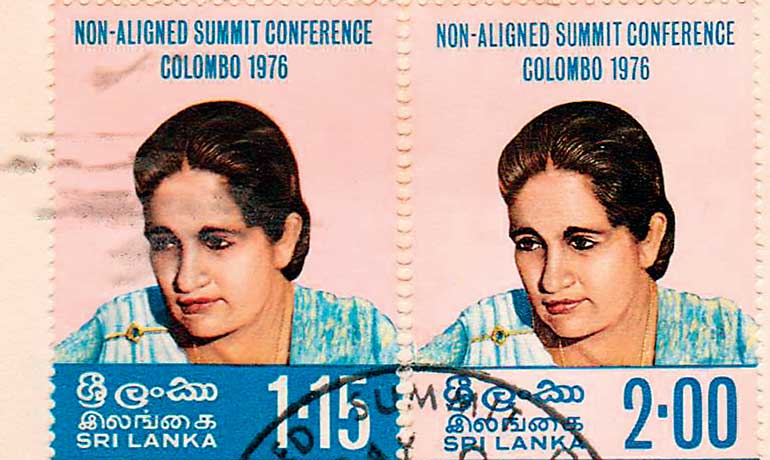In the world of English speaking Muslims there has been one translation that has dominated the market, and conversely- their understanding of Islam. A new translation of the Holy text however, plans to bring “something of a revolution” in the world of non Arabic speaking Muslims and as well as critics of the faith.
Katie Zavadski from the Daily Beast explains how it’s possible. It is “because Salafists—adherents of a very conservative brand of Islam—have dominated the world market for Qurans for decades.Funded by the oil-rich royal family in Saudi Arabia, which has an especially rigid Wahhabi branch of Islam, the Salafis have exported their teachers, their mosques, their audio and video productions, and religious texts across the Arab world and into Pakistan, Europe, and North America, quashing alternate interpretations that don’t fit their narrow views.”
“In all these places, they funded the building of Saudi-style mosques with Wahhabi preachers and established madrasas that provided free education for the poor, with, of course, a Wahhabi curriculum,” religious scholar Karen Armstrong wrote about the Saudi export of religion in 2014. “At the same time, young men from the poorer Muslim countries, such as Egypt and Pakistan, who had felt compelled to find work in the Gulf to support their families, associated their relative affluence with Wahhabism and brought this faith back home with them, living in new neighborhoods with Saudi mosques and shopping malls that segregated the sexes.”
Salafis are none to pleased with the new translation dismantling their monopoly of the understanding of Islam and stronghold over believers. Salafis are calling The Study Quran, “a facsimile that might be fine for academia, but not fit for following.”
As Zavadski elaborates:
“Adherents of the Saudi-Wahhabi-Salafi version of Islam in Europe and the United States are increasingly seen by law enforcement as a pool from which radical jihadis can draw recruits. Some strains of this Salafi interpretation have popularized takfirism—the practice by which some Muslims declare that others are not true believers. The aftereffects are clear in fringe jihadi groups like the self-declared caliphate that calls itself the Islamic State, where those who believe differently are deemed apostates who can be, and are, slaughtered en masse. The vast majority of Salafis are not jihadis and not takfiris. But those who are use their understanding of their Quran to justify killing Shia Muslims, Yazidis, adulterers, gays, and anyone else who runs afoul of their zealotry.”
Generations of the world’s Muslims have, now, grown up in the shadow of this Saudi religious empire, ignoring previous centuries of rigorous religious discourse, debate, and dissent.
The Study Quran, setting the record straight, may come as something of a revelation to Muslims and anyone else interested in Islam who speaks English.
The new commentary contains translations from interpreters or exegetes, many of whom have never had access to an English-speaking audience.
One soon comes across nuances that are unmentioned or ignored by extremists. The Study Quran notes, for instance, that verse 47:4—used by ISIS to justify beheadings—focuses on “the brevity of the act, as it is confined to battle and not a continuous command.” This interpretation would seem to challenge extremists who attempt to carry out such acts on civilians, whether on the streets of London or in Syria.
Salafism “was not in the mainstream of the Muslim tradition,” said Nasr. “It rejected centuries of Islamic thought.” The scholars contributing to The Study Quran, who are both Sunni and Shia, also break with the ultra-Orthodox animus against Shiism.
The Study Quran’s rich commentary, seeks to remedy the previous absence of solid historical discourse. After all, Nasr said, even centuries ago the yearly pilgrimage to Mecca meant that exegetes, or interpreters of holy texts, were able to have a much richer exchange of ideas—and much more knowledge of one another—than European thinkers of the time.
Islamic scholars are all over the board on their commentary about the new text. However most tell followers to read with caution.
Abu Eesa Niamatullah—a British Salafi with a large social media presence—cautioned followers tempted by The Study Quran to “avoid it. Like the plague.”
“It doesn’t just have mistakes, it’s actually dangerous,” Niamatullah said.
Though Sunni Islam formally lacks a clerical class, Niamatullah expressed concern that those who lack proper religious or academic training might be swayed from the orthodox path by the new edition.
A more moderate review, recommended by prominent cleric Yasir Qadhi to hundreds of thousands of followers on social media, acknowledges that the rigor of The Study Quran “is apparent after even a cursory reading,” but nonetheless it “is an academic and educational work, and as such includes commentaries from sources that may not be considered orthodox depending on one’s denominational orientation.”
Understanding of the Quran has generally been relegated to those with a strong understanding of the Arabic language, and with that, non native speakers would be at the mercy of translators and their understandings or agendas. ” The Study Quran fills part of what some scholars see as a perpetual hole in the study of Islam. Quranic translations abound, but centuries of commentary, debate, and context have long been the exclusive domain of those with a strong command of Arabic.”
“We appear to be amidst a deluge of English translations of the Quran,” Scott Lucas, a professor at the University of Arizona, wrote in 2014, reflecting on the proliferation of translations in the prior decade.
Zavadski continues: “Pretty much any Quran given out in a da’wa, or religious outreach, program almost anywhere in the world has its roots in Saudi Arabia. Most of them use a translation completed by Yusuf Ali, an Indian-born, British-educated scholar who died in the mid-20th century. Published in 1938, it included not only Ali’s translation, but also parenthetical commentary on meaning—much of which has been stripped out by its Salafi adapters.
More recent translations have come from feminists and creative translations that assign each Arabic word one—and only one—English equivalent.
And The Study Quran surely won’t be the last. The authors’ main goal, after all, is not a definitive translation—but a demonstration that different interpretations were “established, well known, and rigorously discussed over the centuries,” Nasr said.”
It is my hope that The Study Quran brings discourse and discussion from both sides of the table.
With this publication, the hope is to showcase that different interpretations not only do exist, but are widely accepted and valid. It also brings an opportunity to present to some Islam’s staunchest critics, or its most zealous disciples that moderation and reform does exist within the faith.
(Article by Tasha Sharifa)

